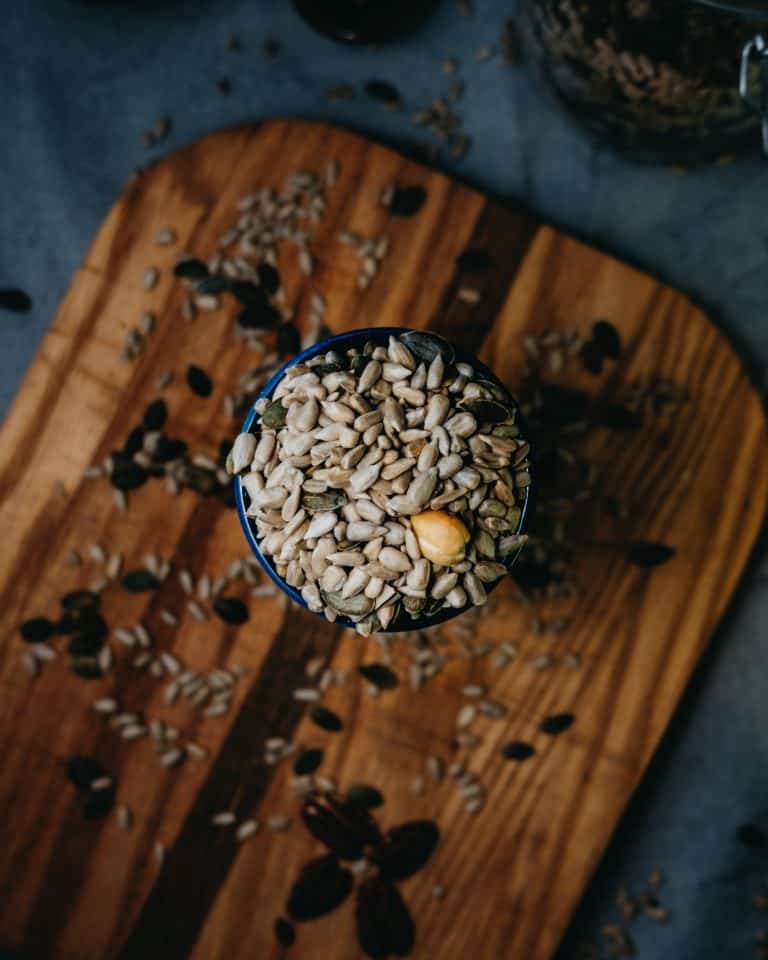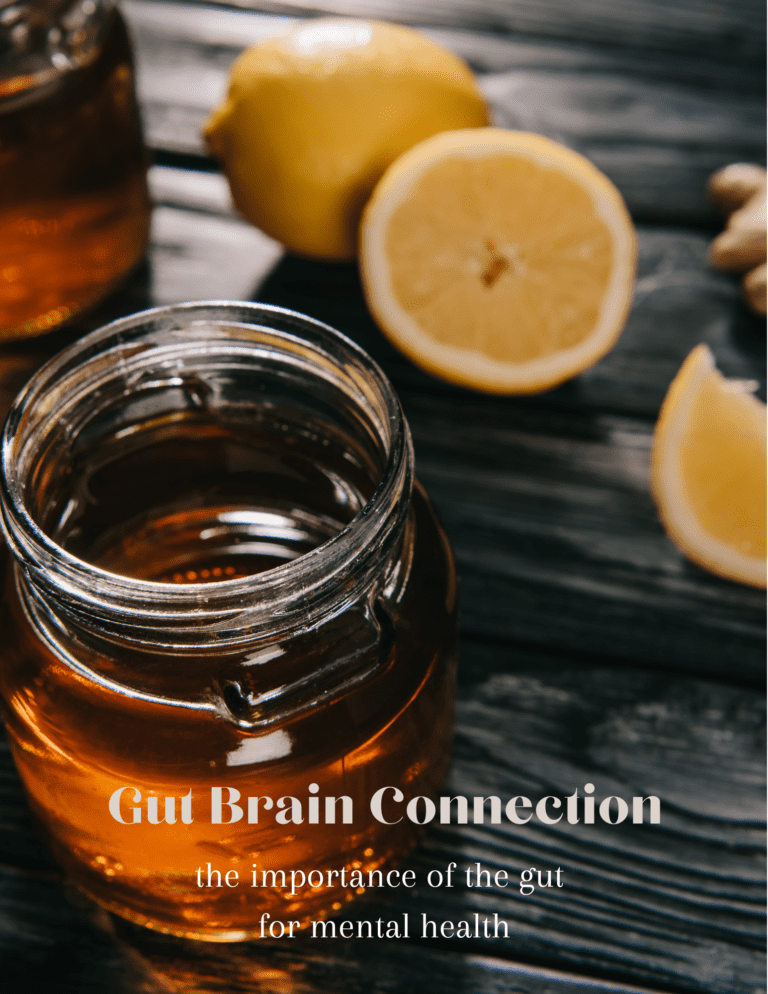Bone broth and collagen are flooding social media and have started to gain traction as a new trend. Though bone broth has been around for centuries as a form of alternative medicine, it seems to be gaining popularity recently along with collagen peptides.
So let’s dive in.
Most bone broth & collagen advocates claim of healing benefits like improved skin, healing of the gut lining, and enhanced immunity. But, what does the research say?
Well, I can tell you that there’s not a whole lot of it. Most studies have been completed YEARS ago and a lot of them are on rats/mice. Not to say that those studies don’t have merit, but if they aren’t done on humans (and if there aren’t enough studies done), then maybe we should do some further research before we jump on the bandwagon.
Here are 3 things you should know about Bone Broth & Collagen:
1. Bone broth may contain some harsh metals, like lead.
Bones in general are known to carry some heavy metals along with calcium. One study found that chicken cooked with the bones contained a high amount of lead (1). Lead can accumulate in the body and cause issues with the central nervous system so consuming bone broth every day might actually cause some damage long term.
2. Collagen supplements are not actually digested as whole collagen.
When taking a collagen supplement for skin benefits, you may be better off with a topical treatment. Collagen, when ingested, is actually broken down into amino acids and then re-built to form the collagen that you specifically need (2). So basically, if you just eat enough protein then you likely can produce the same effects as someone taking a collagen supplement.
3. There are 3 different kinds of collagen, all with a different purpose.
Type 1 is the type of collagen most commonly found in your skin. Your body uses collagen as needed and where it’s needed. The collagen you ingest will likely not go right to your skin, but instead to your muscle cells if necessary (2). Peptides, as in “collagen peptides”, are simply just amino acids, which is more broken down form of protein.
Conclusion:
There is very little research to actually justify the benefits of collagen & bone broth. Bone broth may be a good source of protein and some trace nutrients, but it doesn’t seem to be providing any additional benefits. Since the body makes collagen from amino acids, then eating a sufficient amount of protein should have the same effect as bone broth and collagen supplements.
This is certainly a topic that warrants more research, but for now it seems like just another hot trend. I would be cautious of spending any crazy amount of money on supplements in general without some further research or talking to a dietitian!
I believe a diet full of whole foods, nutrients, HYDRATION, and pre & probiotics is far more beneficial for a leaky gut and the gut mucosal lining than bone broth or collagen.
If you want to try a daily broth, then I suggest miso broth! Miso is full of probiotics and is also vegan. All you need is some miso paste and hot water (I recommend white miso for this). If you are sensitive to soy then please don’t drink miso as it is fermented soy.
Sources:
1.https://www.sciencedirect.com/science/article/abs/pii/S0306987713000133?casa_token=r2r8v5HCv3sAAAAA:oe9QwHiBx737wvqn8XJ0lMWb9gGN8Ybd79nVQoY-bhJcU9ZK53Z49QqWw6Amz-A67LV1H6sGuVU



